HOW TYRE QUALITY AFFECTS PERFORMANCE
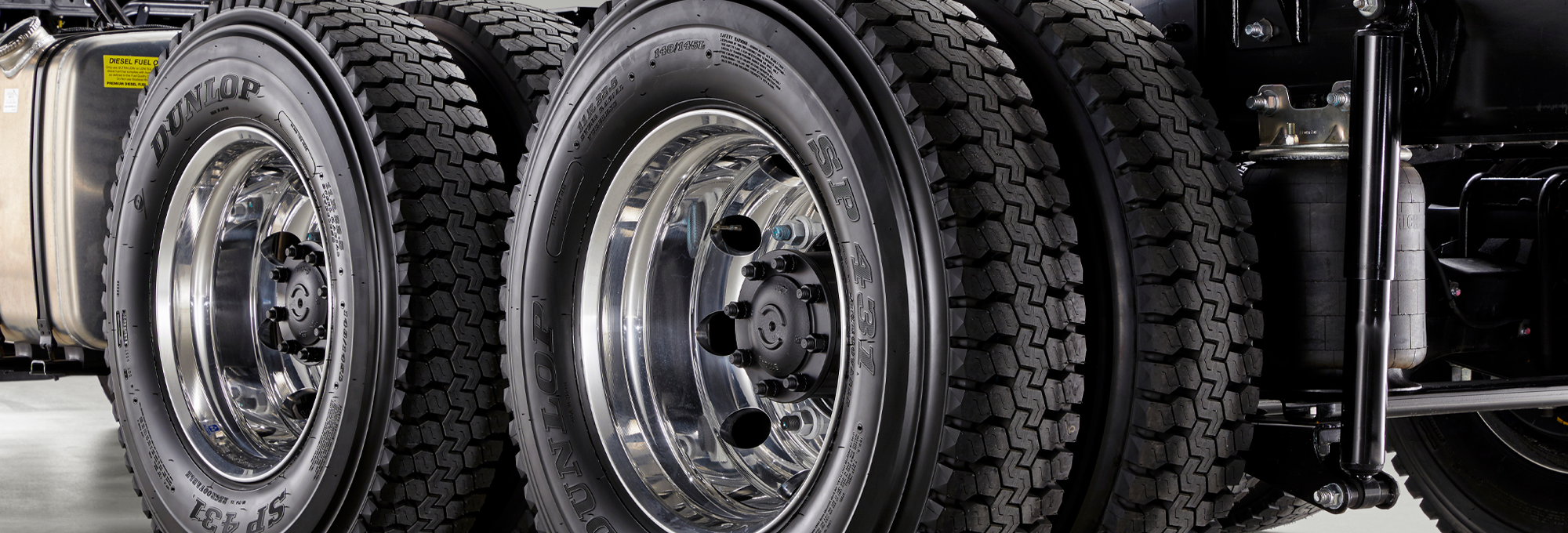

Tread with confidence
The choice of tyres is one of those critical decisions where the rubber literally does meet the road. It’s important to note that truck and car tyres are not one and the same. A truck tyre radial casing features steel cords, as opposed to the textile radial cases typically used in cars. The complex operational requirements of a truck workload add another dimension—with truck tyres designed for specific steering, driving and trailer positions. Although you may think the heaviest usage is associated with the rigours of long-haul travel, the reality is that trucks deployed in urban operations often have the highest tyre wear-rate per millimetre. This means that making the best possible choice is not a one-size-fits-all approach; when it comes to tyre procurement for urban fleets (as opposed to regional and rural use) knowledge really does mean power.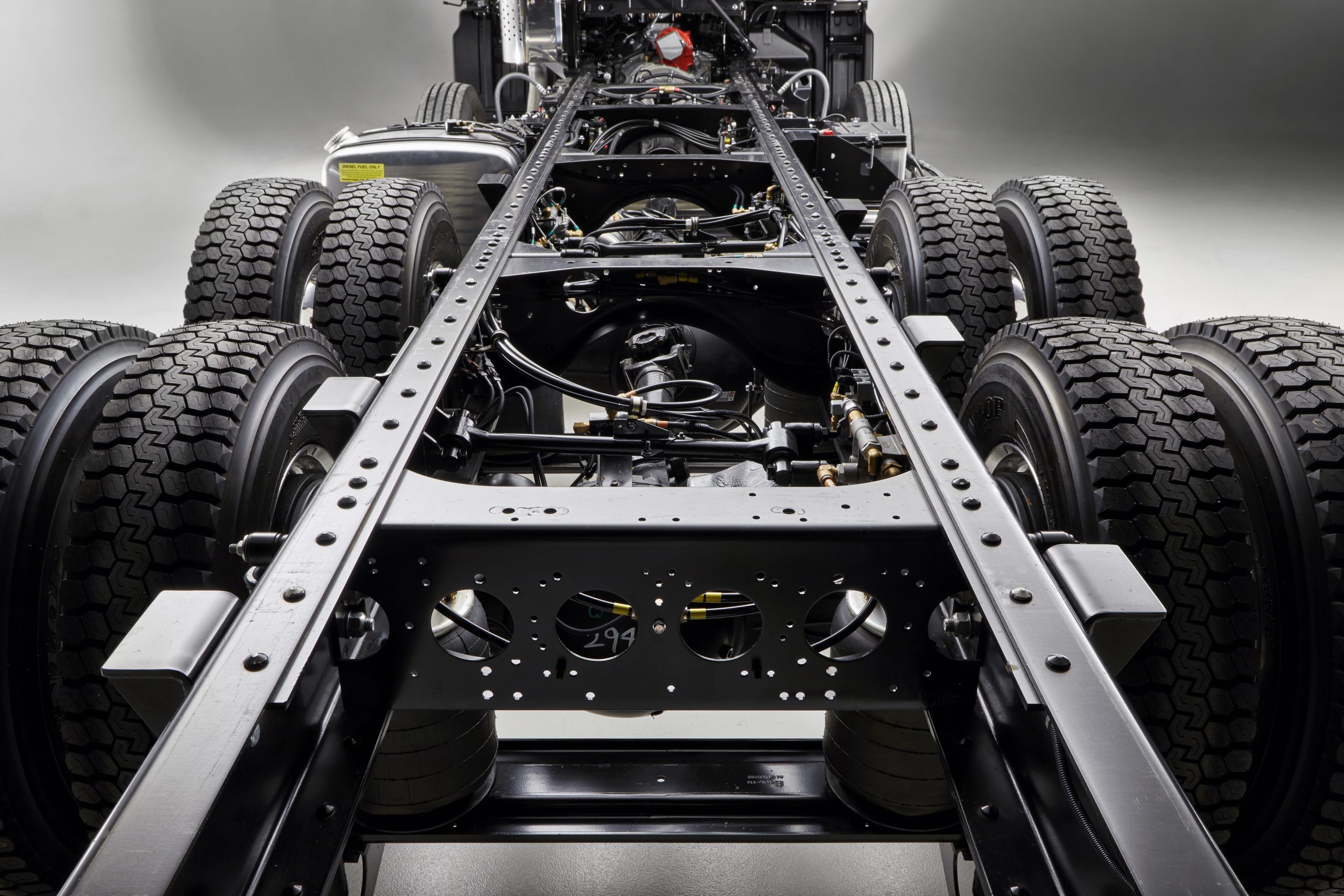
Fuel-efficiency and quality tyres
With low-rolling resistance tyres fitted, Australian tests have shown that fuel savings of between five and ten per cent can be achieved. If you’re operating a large fleet of trucks, that’s a significant opportunity to save dollars. Rolling resistance is the effort required to roll a tyre, bearing any given load. This measurement is calculated in kilograms per ton (kg/T) and when you get it right to suit workload and application, you create superior fuel-efficiency. In 6×4 applications, this rolling resistance is generally one-third of the total vehicle resistance —a calculation that means a three per cent change in resistance will equal a one per cent change in fuel consumption.Tyres and ESC go hand in hand
Electronic stability control, known as ESC, is an added accompaniment to quality tyre choice. Simply explained, this vehicle safety system detects the stability and sideways acceleration of a heavy vehicle, then automatically activates to slow the vehicle down if it senses risk of a rollover. Data from the Monash University Accident Research Centre revealed use of ESC in all heavy vehicles could reduce fatal heavy vehicle crashes by four per cent, and serious injury crashes involving heavy vehicles by seven per cent. Industry experts from the Australian Trucking Association (ATA) also believe that the Australian Government should mandate the use of ESC in all new models of trucks and trailers. While stability control systems such as ESC and Roll Stability Control (RSC) will not prevent all rollover crashes, both features allow a driver to maintain control of their vehicle with the aim of avoiding or reducing the impact and likelihood of a rollover. Many truck fleet operators and drivers may not realise that these stability control systems can be compromised without suitable tyre selection and ongoing maintenance.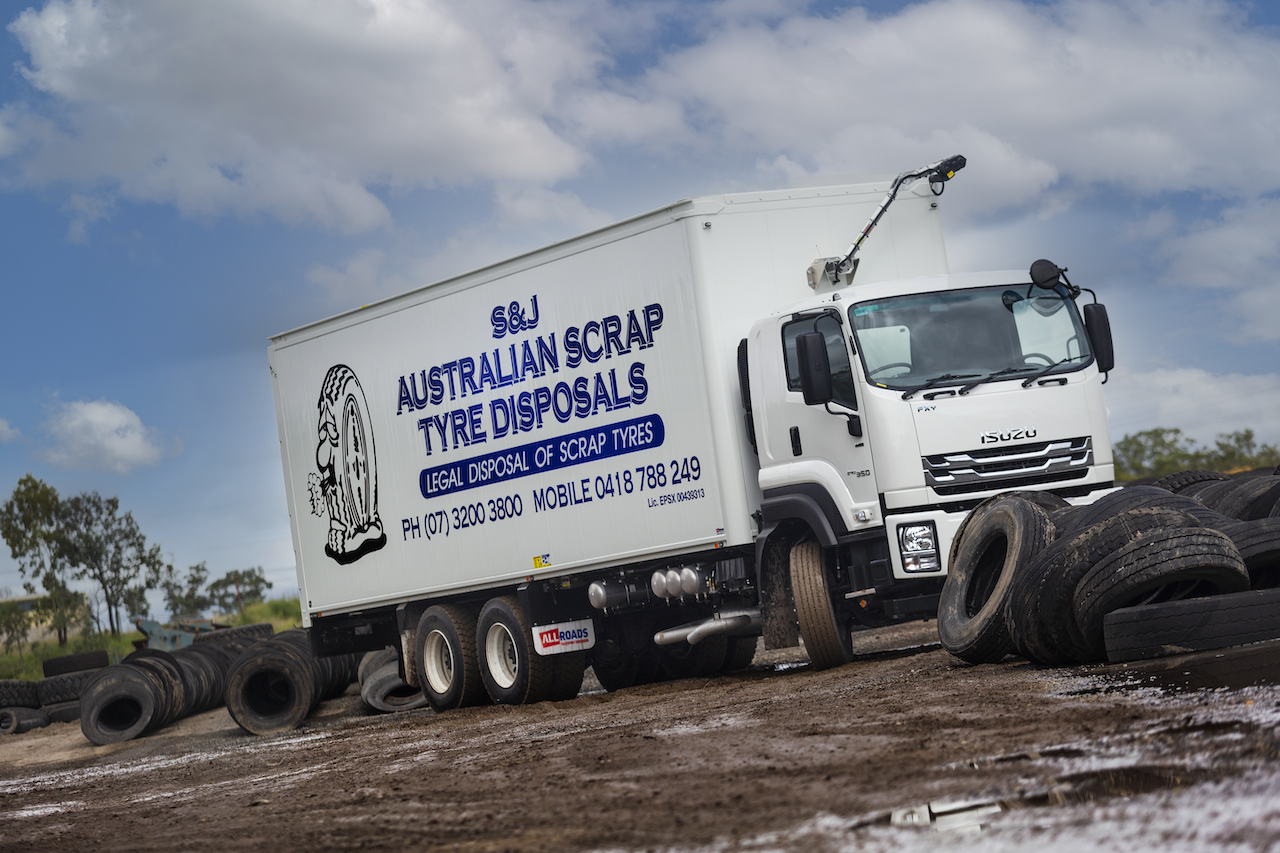
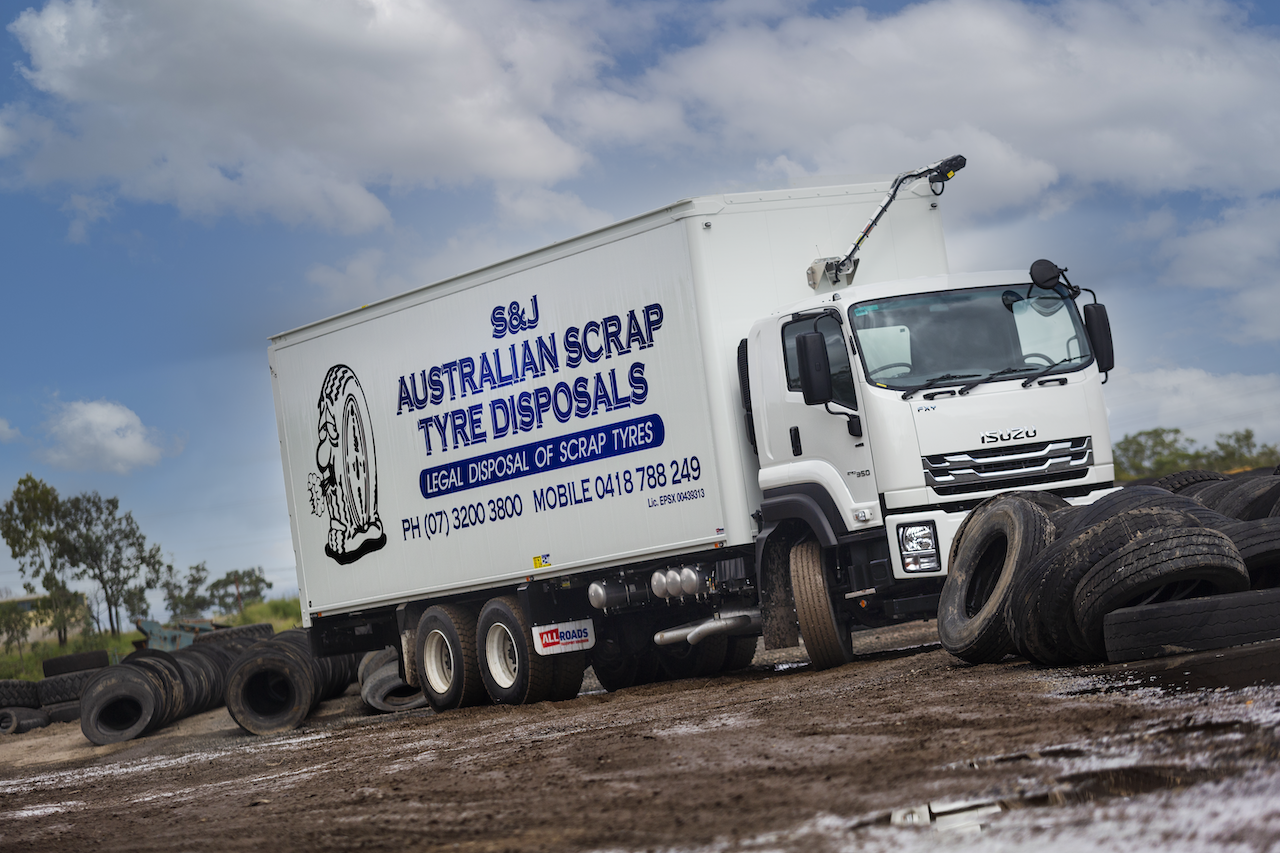

Suit your sector’s needs
The effectiveness of even the best ESC systems can be impacted if you don’t have the right tyres for the job. The right choice in tyres will be very different for smaller trucks (typically used in trades and last mile delivery) than for larger trucks designed for long-haul travel. And for trucks travelling in the stop-and-go conditions of urban areas, the needs are different again. Original equipment manufacturers (OEMs) can recommend the tyres best suited to your truck in its application or you can have a chat with an expert to get a better idea of what will work best for you. It is also critical to understand that although cheaper tyres may seem like an attractive short-term option, the long-term financial consequences of poor tyre choice (and parts choices generally) that lead to costly repairs or maintenance—can be crippling.
Why TCO matters
Selecting quality tyres, specified for your truck’s application is an investment that rewards you with improved safety and better overall performance… and that can mean measurable savings over the long-term. As a growing number of truck fleet operators recognise the importance of weighing up total cost of ownership (TCO), as opposed to merely initial purchase outlay, so evolves better understanding of ongoing truck maintenance and the measures required to minimise ongoing costs. When it comes to choosing your next tyres, doing your due diligence into brands that represent quality, better fuel-efficiency, superior handling and long-term value for money, can help you reduce that all-important TCO. What does it take to become a skilled truck driver? With insights from local drivers, check out our blog on this topic here.

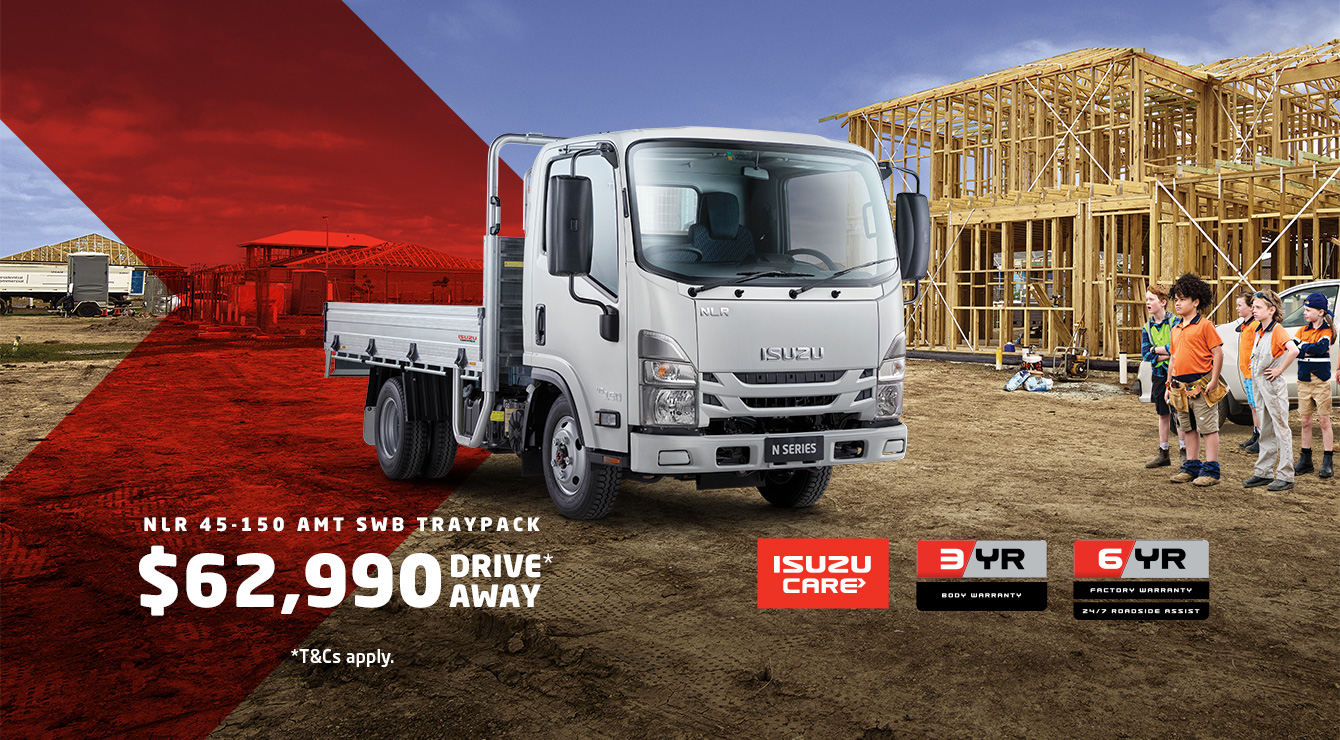
Playtime’s over, get $3,500* to spend on extras.
If you’re ready to get serious about tackling bigger jobs, grab yourself an NLR 45-150 AMT SWB Traypack from the Ready-to-Work range for $62,990 drive away*. And to prove we aren’t playing, buy any NLR Traypack before June 30 and you’ll get $3,500* to spend on genuine accessories or an Essentials service agreement.
Learn more



